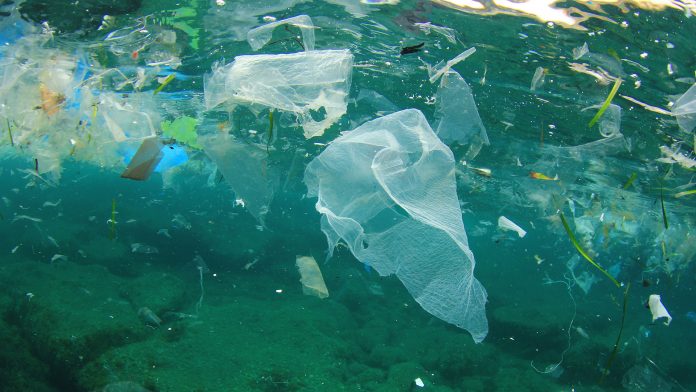UN discusses the debate over plastic production limits to help protect the environment and wildlife.
As the world’s nations start another round of talks this week to create a first-ever treaty to contain plastic pollution, tough debates are expected on whether to limit the produced amount of plastic or just concentrate on waste management.
Working with “zero draft” document that outlines potential policies and actions, national representatives are attending the weeklong conference in Nairobi, Kenya, to discuss which of these options should be incorporated into what is expected to become a legally binding treaty by the end of 2024, according to officials involved in talks.
“We are at a pivotal moment in this process.”, stated David Azoulay, a managing attorney of the Centre for International Environmental Law.
Currently, the world generates approximately 400 million metric tons of plastic waste annually, with less than ten percent being recycled, as per the UN Environment Program, leading to overflowing landfills and polluted oceans.
This production volume is predicted to skyrocket in the upcoming decade, as oil companies, which frequently also manufacture plastics, seek new revenue streams in the wake of the shift away from fossil fuels.
The European Union, and numerous countries including Japan, Canada, and Kenya, have advocated for a strong treaty with “binding provisions” to reduce the production and usage of virgin plastic polymers sourced from petrochemicals.
On Saturday, Saudi Arabia initiated a coalition with nations including Russia, Iran, Cuba, China, and Bahrain.
This alliance, known as the Global Coalition for Plastics Sustainability, aims to direct the treaty’s emphasis towards managing waste rather than imposing restrictions on production.
Furthermore, Countries will be debating whether or not the treaty should establish transparency guidelines for the use of chemicals in the production of plastics.
Before they address the key points, the delegates have to settle procedural disputes that caused a delay in the talks in June.
Saudi Arabia insisted that decisions should be made by consensus, not by majority.
Consequently, a consensus approach would empower a single nation to obstruct decisions that could further the treaty’s development.
This intervention was not endorsed by the majority of other countries.
On Sunday, an open letter was sent to negotiators by a group of 20 scientists from around the world.
They urged the negotiators to prioritise health in their discussions and strive for a treaty that not only reduces the production of plastics but also “requires comprehensive testing of all chemicals found in plastics”, according to Reuters.


